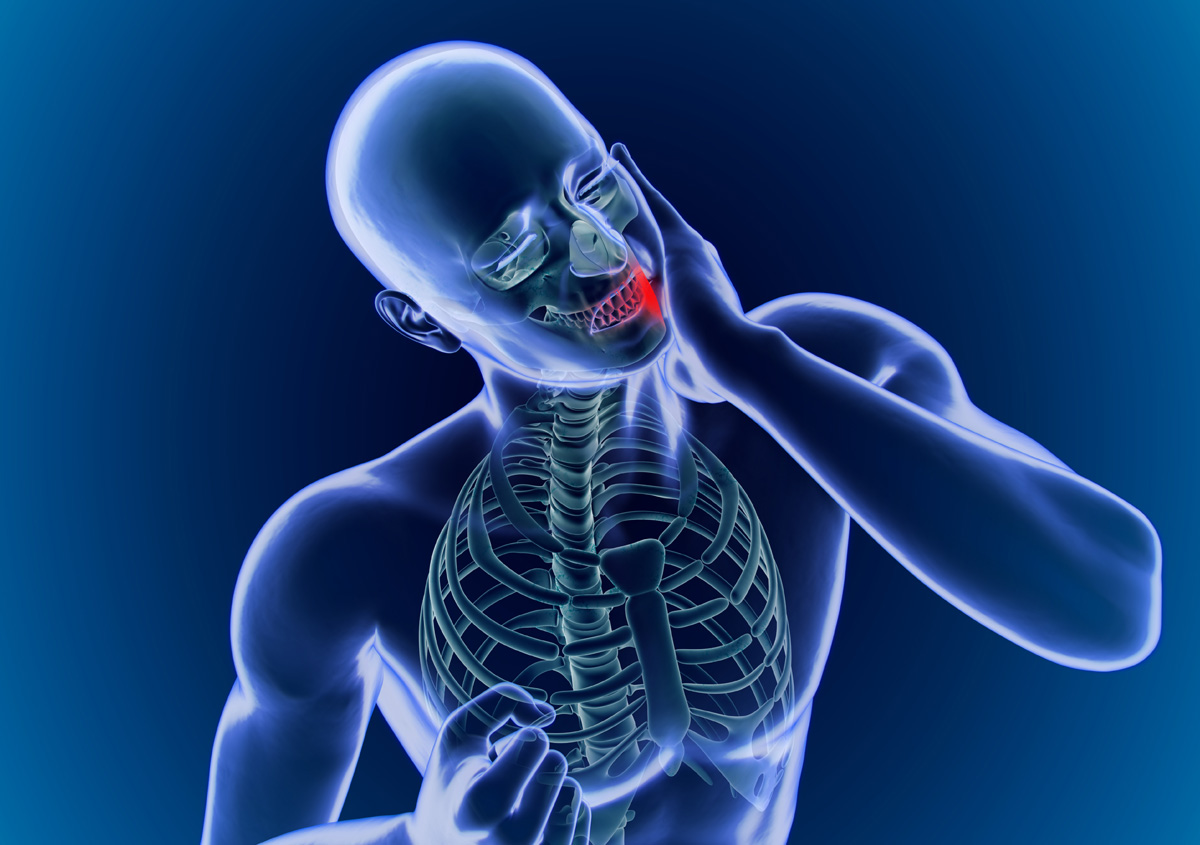Tips for relieving jaw pain and other symptoms of TMJ disorder

Relieve stress on the TMJs by making small lifestyle modifications
One of the first steps to try and relieve your TMJ pain is to reduce any excess stress on the joints where possible. This includes:- Avoiding chewing gum
- Not chewing on hard objects such as ice or pencils
- Minimizing wide jaw movements, such as yawning
- Eating softer foods and avoiding very chewy or hard foods
- Keeping your mouth in an open position with the lips closed rather than biting your teeth together at all times
Try stress relief strategies
Some patients experience TMJ pain when stressed because it can increase tension in the surrounding muscles and contribute to habits, such as teeth clenching or grinding, that are more prevalent under stress. Try out various stress management techniques such as yoga, meditation, or walking to see if they can help relieve tension.Talk to a trusted dentist
If at-home remedies and lifestyle modifications are not providing relief, it may be time to talk to your dentist. A dentist who understands TMJ disorder can help diagnose the underlying cause of the condition, which is often key to finding effective solutions.- In certain instances, simple treatments such as a nightguard to stop clenching and grinding or a splint to properly align your jaw is all that is needed to alleviate your pain.
- Botox injections can also be effective at relieving pain in the TMJs.
- In other cases, damage to the joints may require more intensive treatment, such as surgery.
Back to Dr. Titania Tong's Profile
